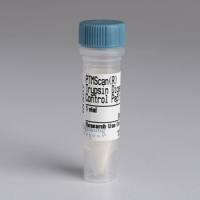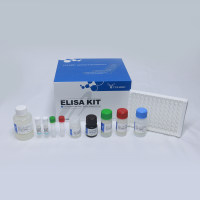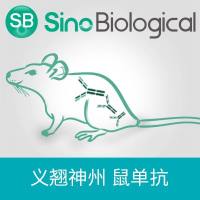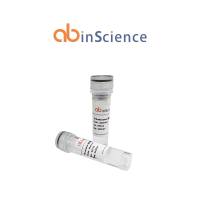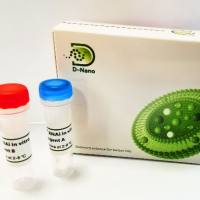Application of Silicon Sensor Technologies to Tumor Tissue In Vitro: Detection of Metabolic Correlates of Chemosensitivity
互联网
530
Silicon sensor technologies, developed during the 1990s, allow measurement of extracellular chemical changes related to cell metabolism. Exposition of tumor cells in vitro to anticancer drugs modifies cell metabolism, making it possible to detect on-line with sensor chips patterns of metabolic activity, which depend on drug sensitivity, or drug resistance of the cells. Sensor devices are composed of an incubation chamber with a sensor chip and a fluidic system for medium supply. Basically, two sensor types are available: (1) monosensor systems to detect extracellular acidification; and (2) multisensor arrays for many parameters such as pH, oxygen consumption, and impedance. Two companies have developed such systems: Molecular Devices (USA) and Bionas (Germany). In this chapter, in addition to operation of the sensor devices, we describe techniques for tissue (tumor and non-tumor) preparation. Basically, three procedures are described: (1) tissue dissociation and further cultivation on the sensor chip or on Transwell inserts; (2) preparation of tissue slices (300 �m thick) and attachment to the sensor chip or to inserts, and (3) cultivation of cells in dialysis tubes, a procedure necessary for nonadherent cells and cell suspensions to avoid their washing away. Evaluation of results and selection of controls are also discussed.


